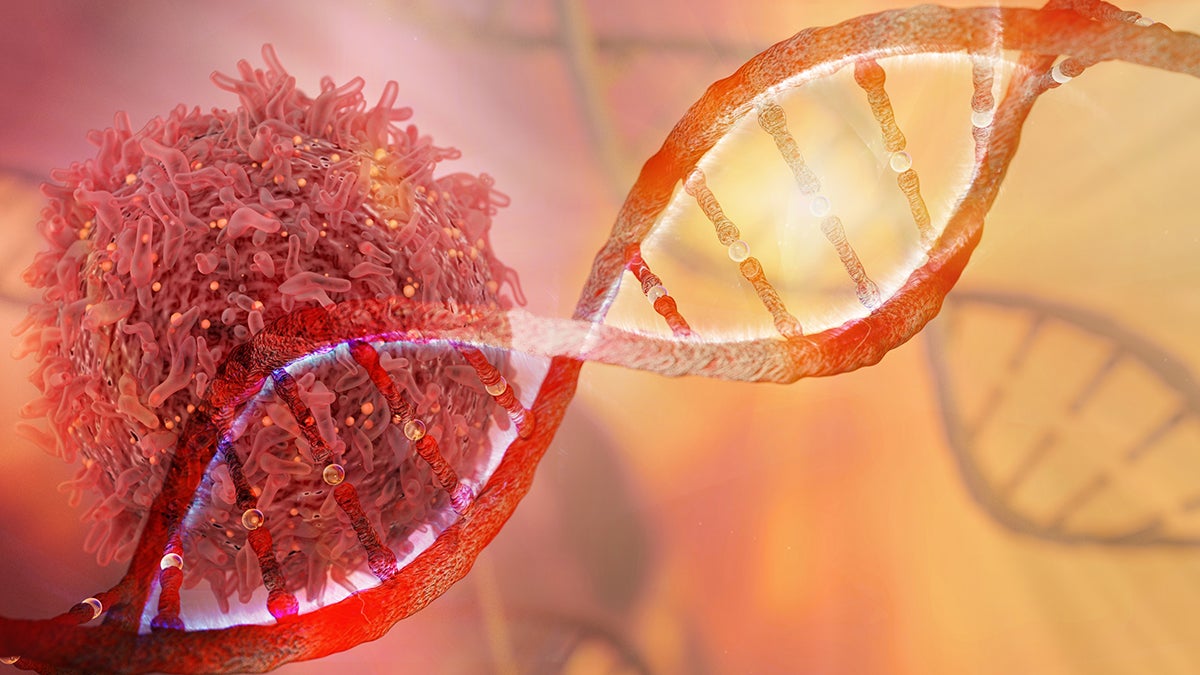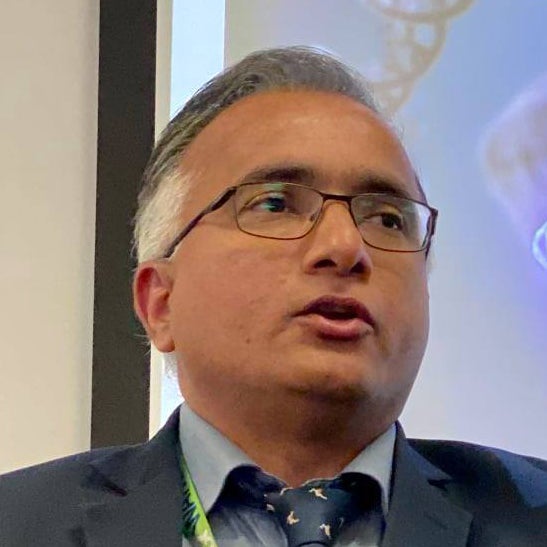Cellular survival is critically dependent on genomic integrity. DNA base damage, if unrepaired, leads to accumulation of mutations, which is a key event during carcinogenesis.
Base excision repair (BER) is essential for endogenous base damage repair. Sub-optimal BER may therefore promote cancer. Paradoxically, in established tumours where the microenvironment is constantly under oxidative stress, BER proficiency may promote cancer cell survival. In clinical context, the cytotoxicity of many chemotherapeutic agents and radiotherapy is also related to their ability to induce base damage. Therefore altered BER capacity may influence therapeutic efficacy as well as normal tissue tolerance and toxicity in patients. More recently, DNA repair blockade as a synthetic lethality has been established as a therapeutic option in BRCA deficient cancers. Therefore the search for alternative synthetic lethality approaches is highly desirable.
This online seminar will focus on evolving new DNA repair targets and novel synthetic lethality approaches in cancer therapy.






